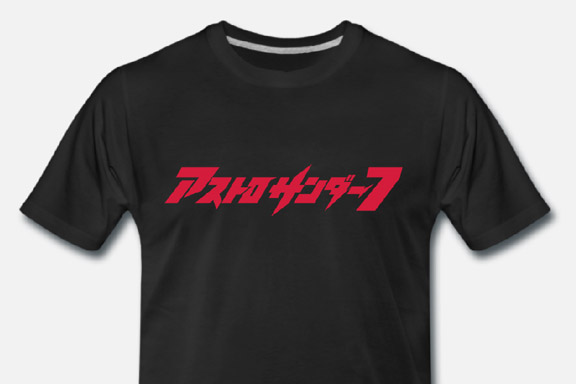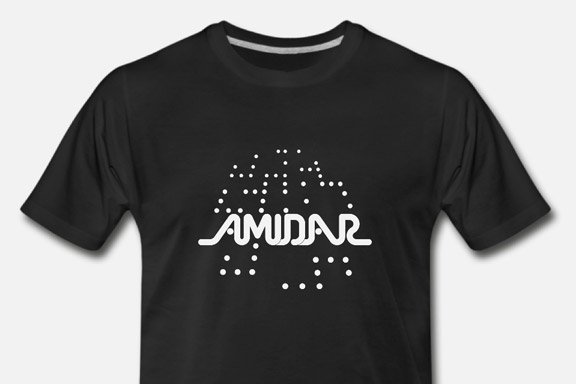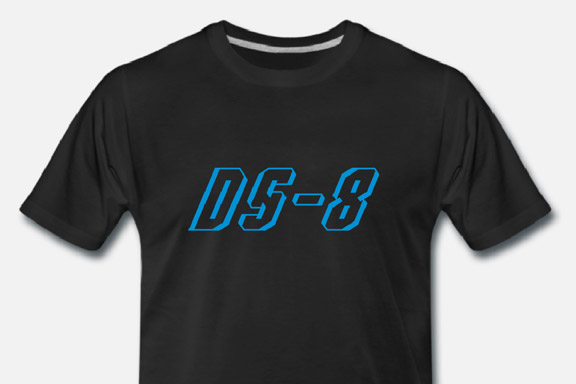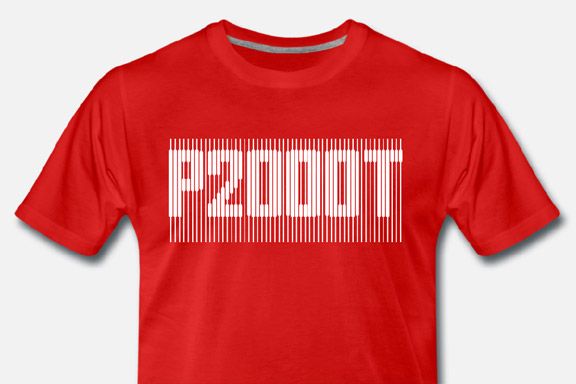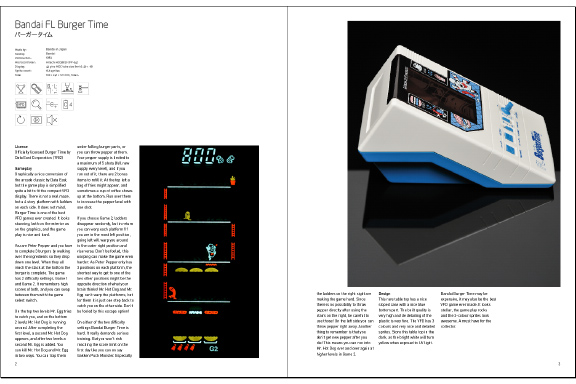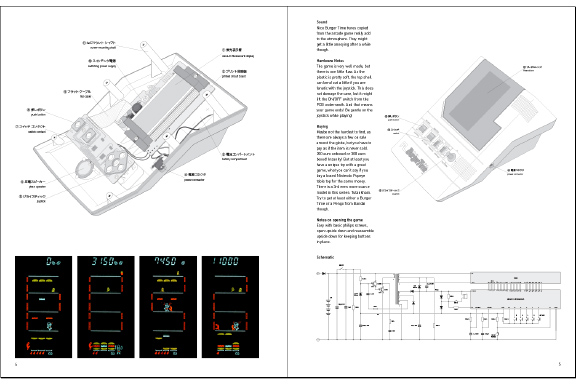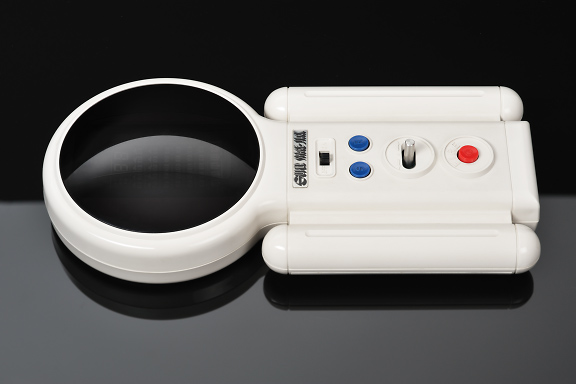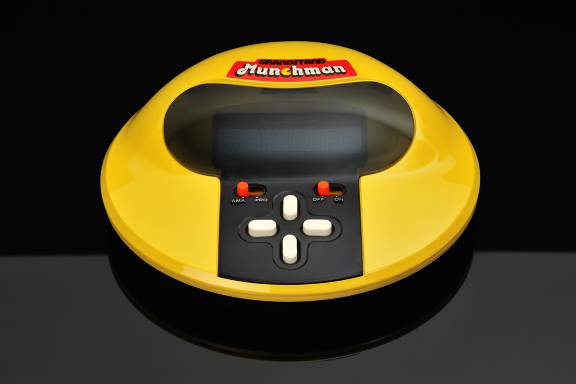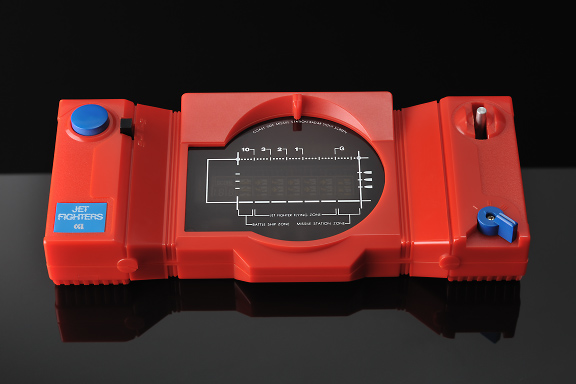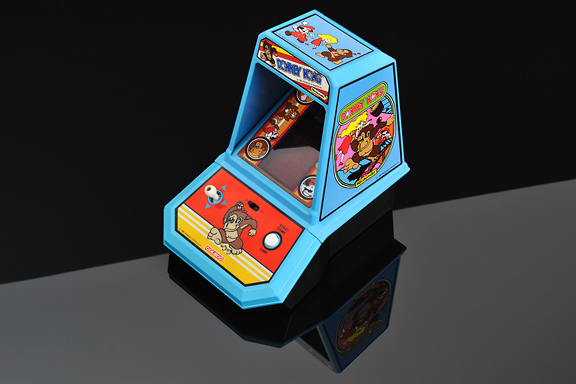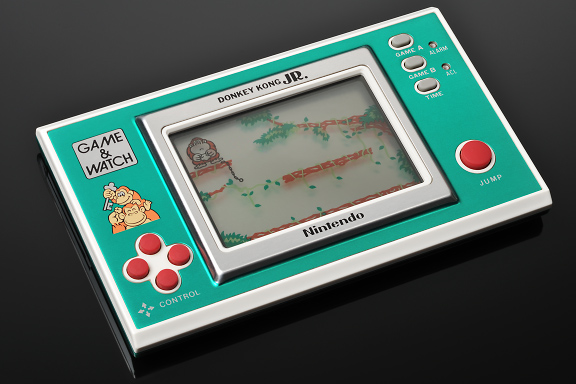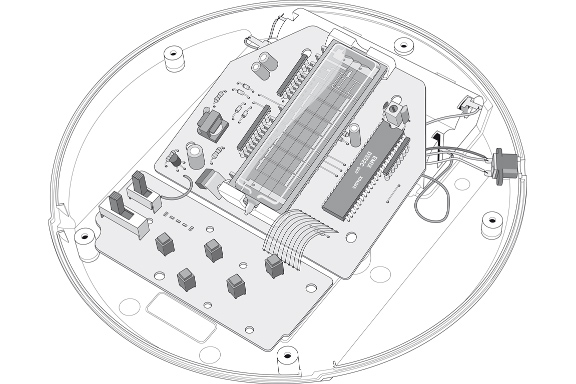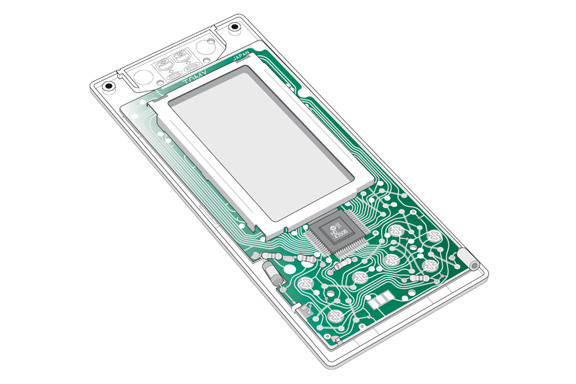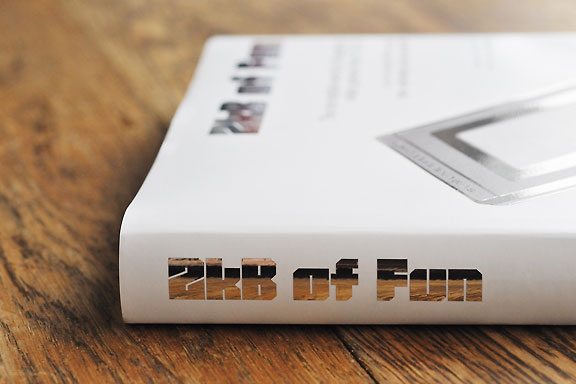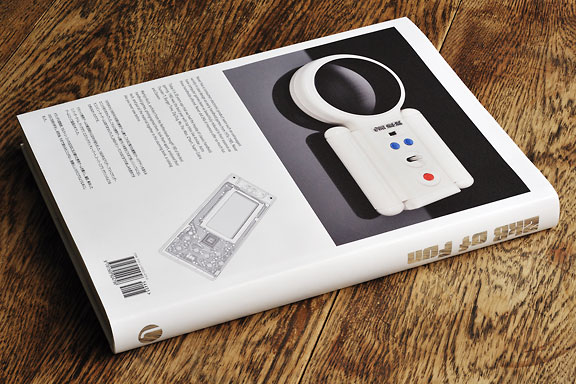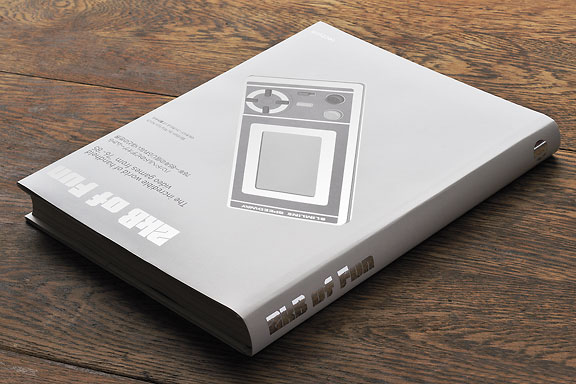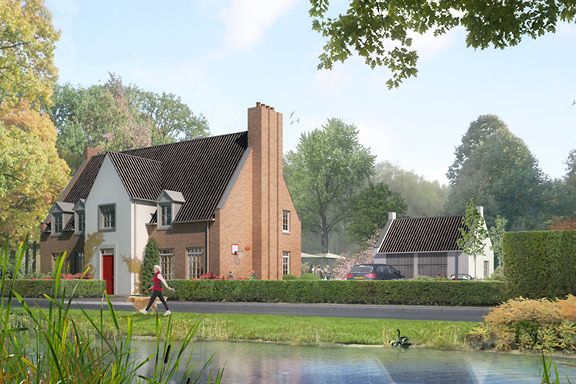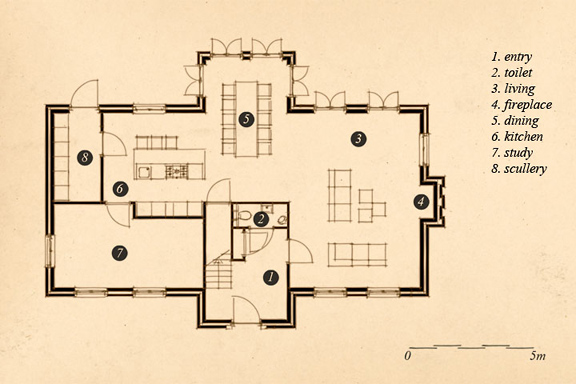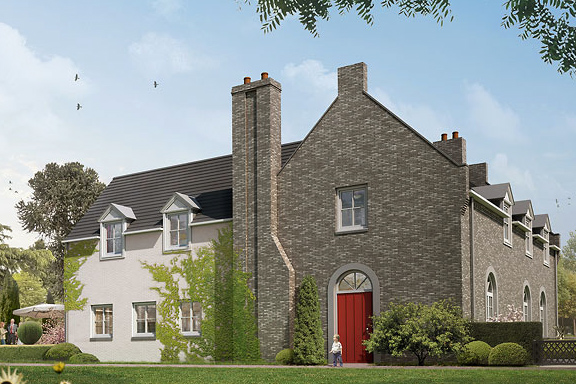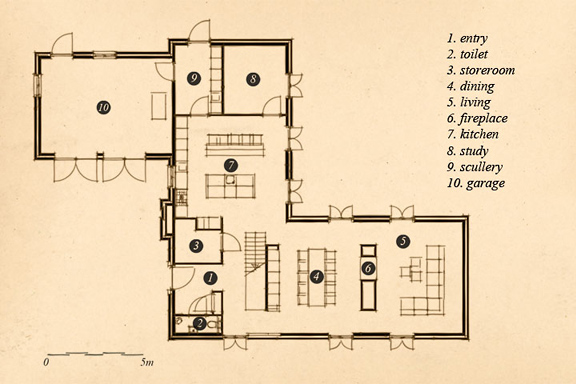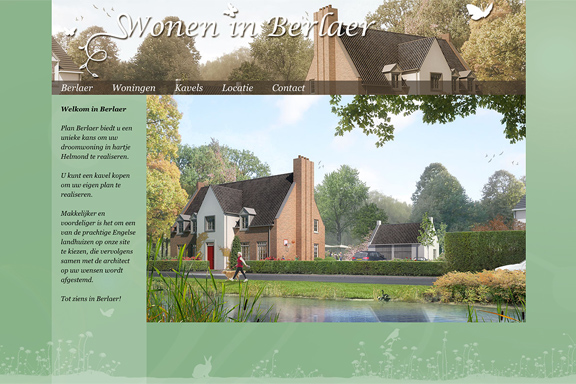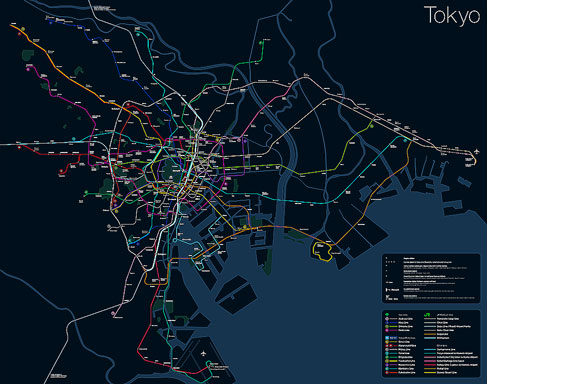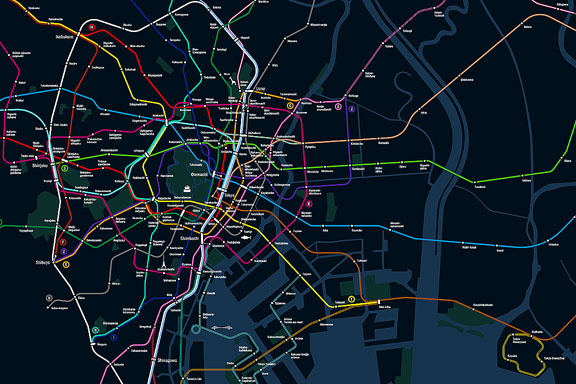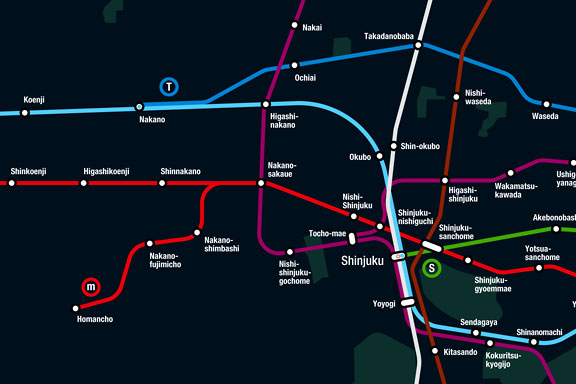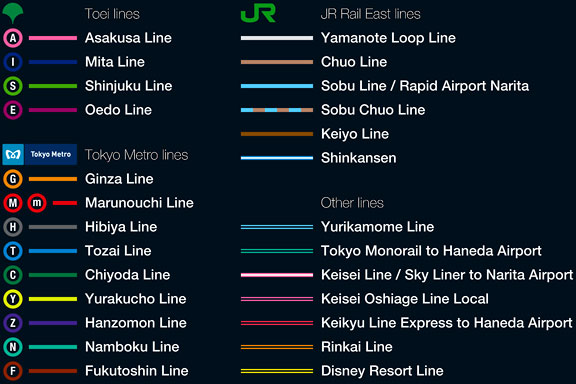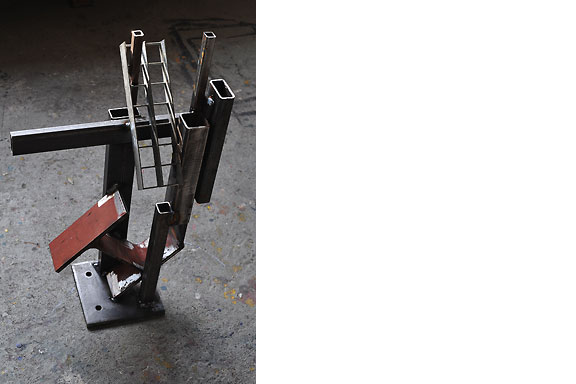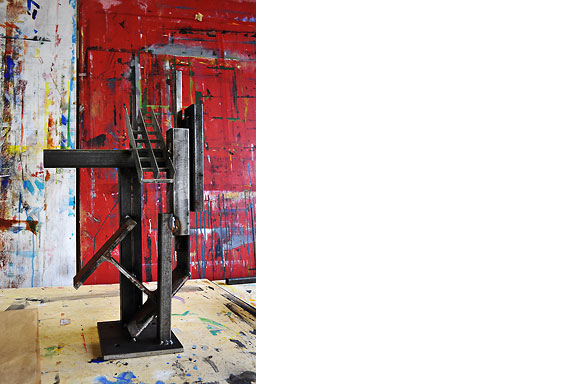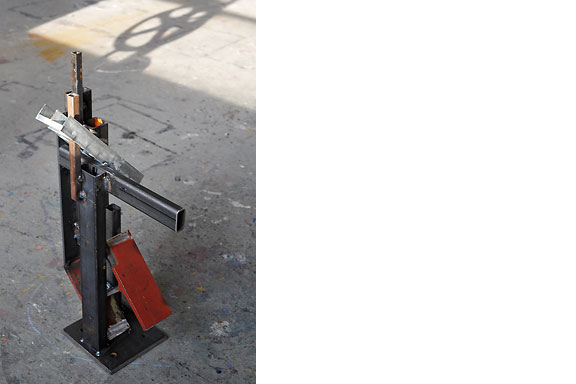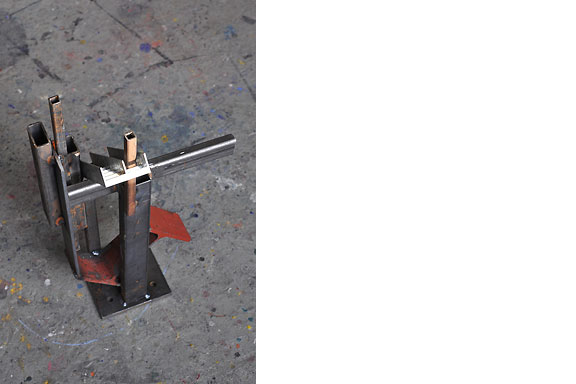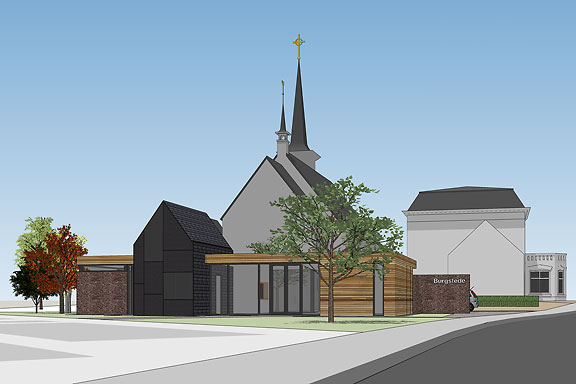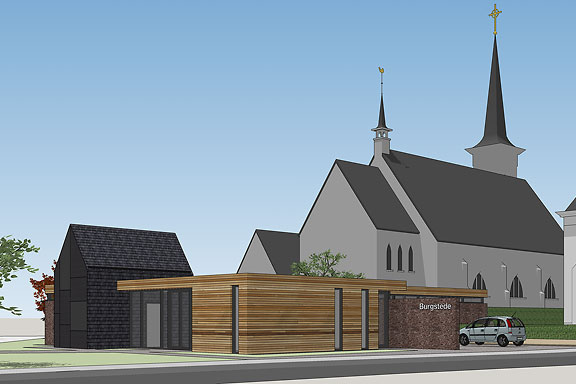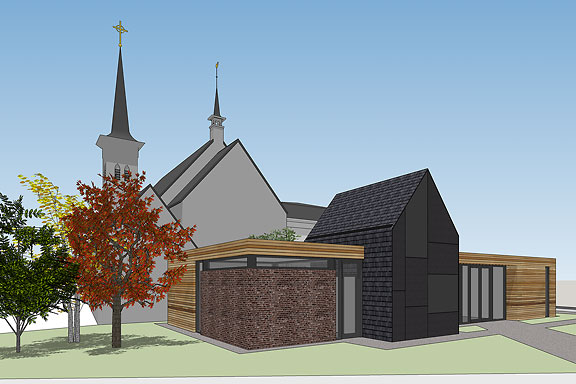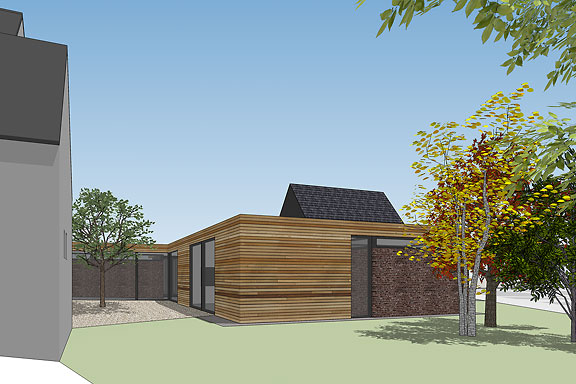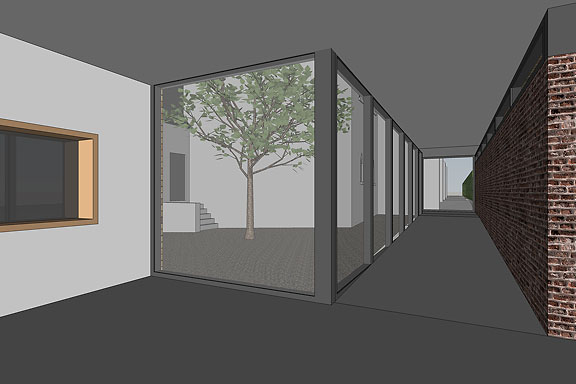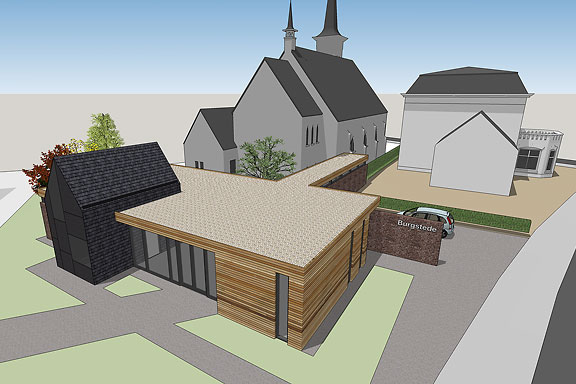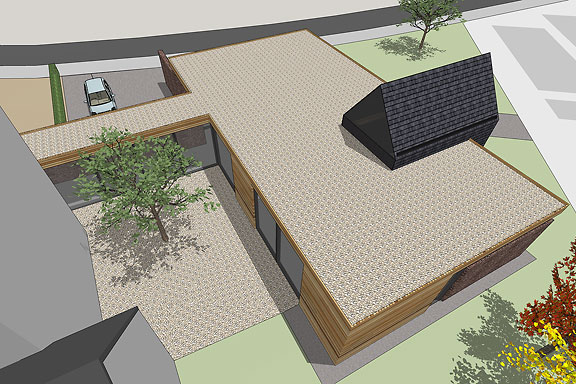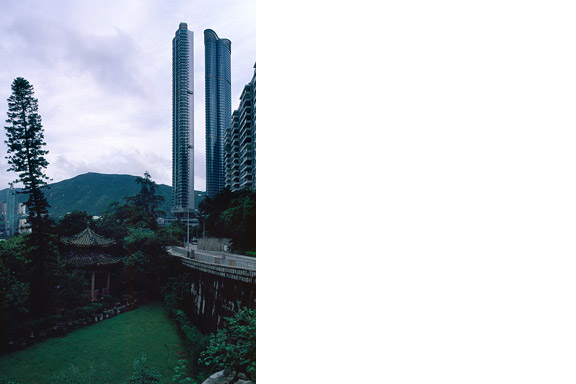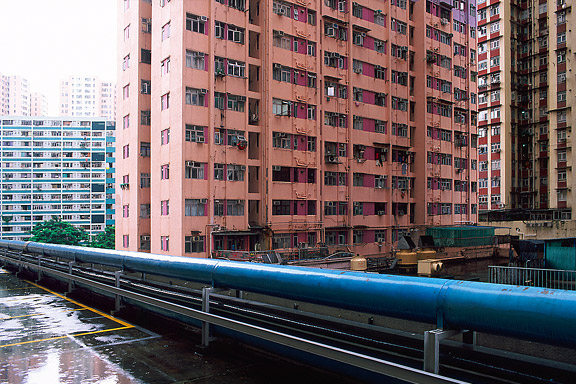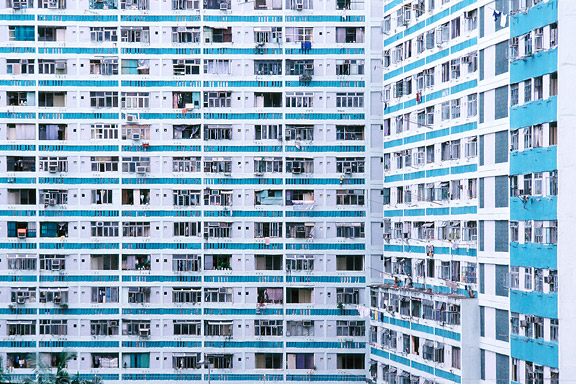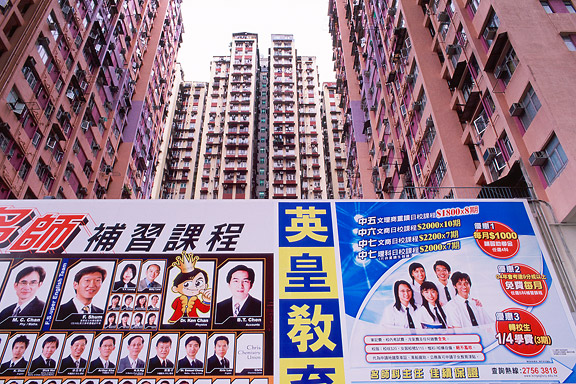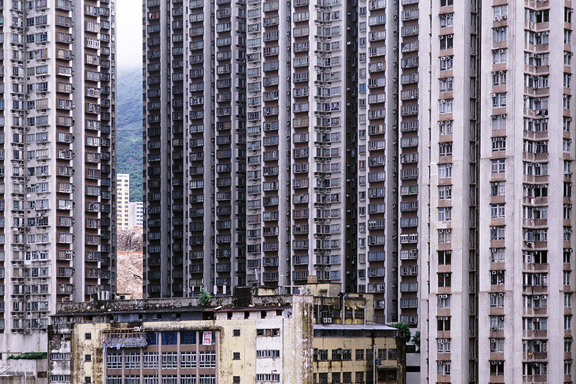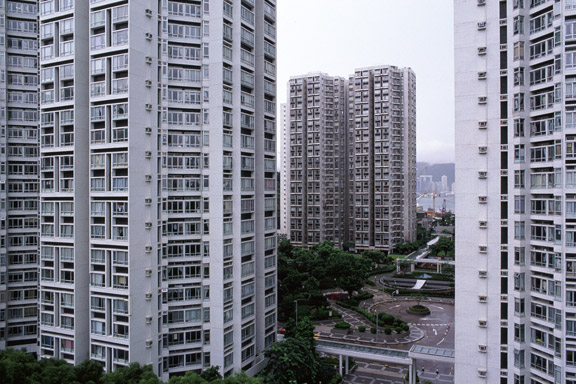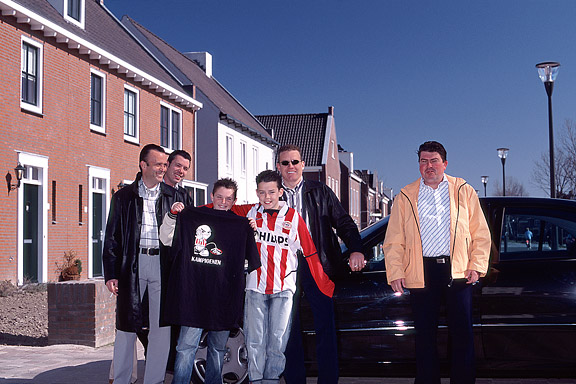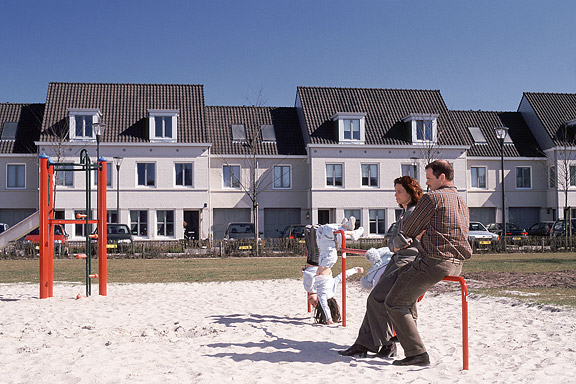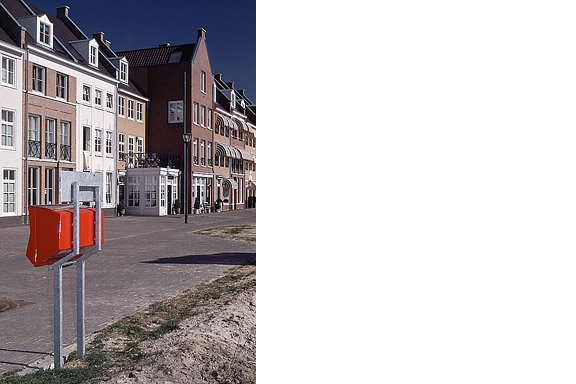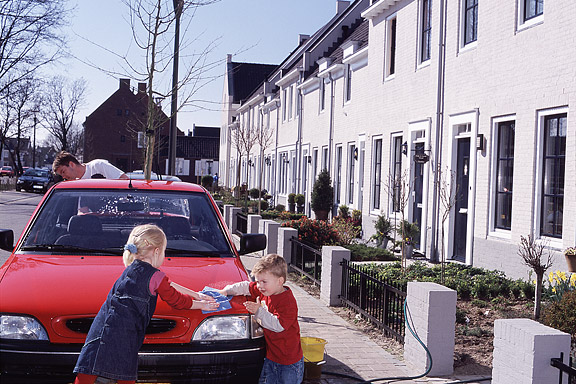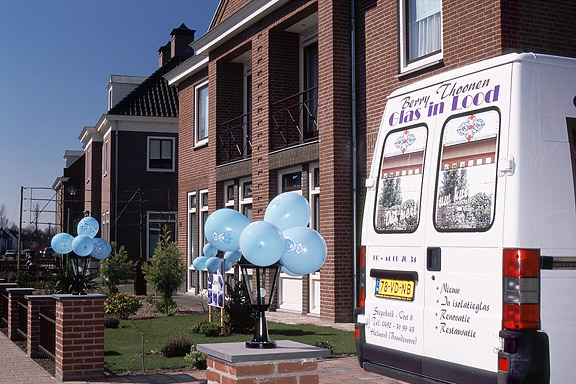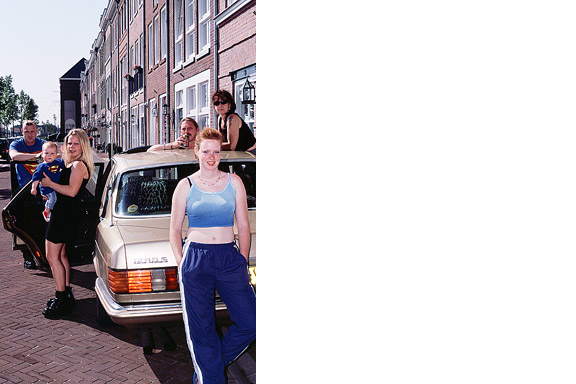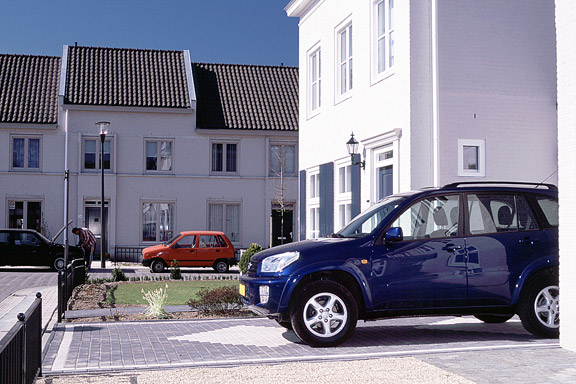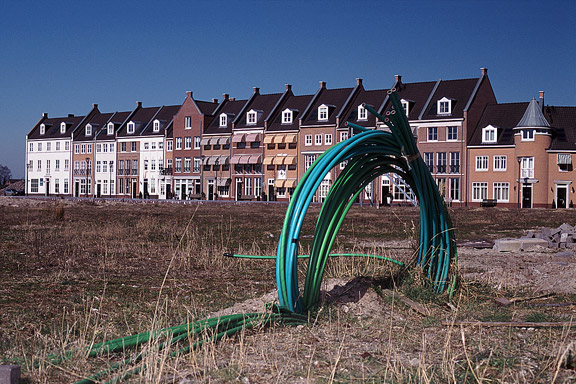Vision on learning written for teacher degree program
2018
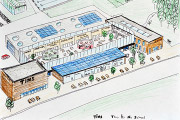
For my Youtube channel 2kB of Fun, I made several T-shirts based on logo graphics from 80's video games and electronic gadgets.
Fourth incarnation of the Retro Space arcade cabinet in aluminium
2017
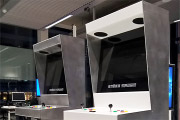
Pixel art illustration for the book 2kB of Fun
2017
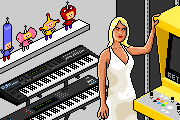
Never has a consumer electronic product seen such an extravagant variety in case design as early handheld games from 1976-1985. Never have computer games been so beautifully reduced to their essence as these handhelds offered. Never did 2Kb of memory offer so much fun.
1983 was the best year with top titles like Amidar, Astro Thunder 7, Burger Time, Dig Dug, Ms. Pac-Man, Q*bert, Super-Cobra and Zaxxon.
Martijn Koch, architect from the Netherlands bought 180 of the best handheld games, photographed them, took them apart, analysed their tech, and put all the material together in this stunning book, a catalog like you never saw before.
Een plat pakket doe-het-zelf versie van Retro Space
2013
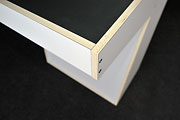
Renewal of house extension with new car port for DAF 46
2012
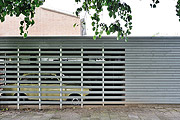
Photo report of the STRP Festival 2011 by Mick Visser
2011
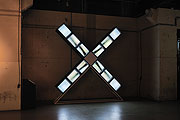
Tool to convert Rōmaji, Katakana and ASCII/UTF-8
2011
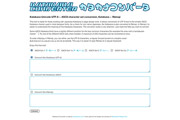
Photo report of the STRP Festival 2010 by Mick Visser
2010
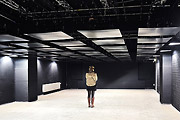
Colaboration with bureau ZZEF
For more information check out:
Redesign of the classic office desk calculator within 1 hour
2010
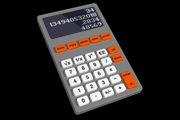
Interior photographs of creative companies in a former Philips factory
2010
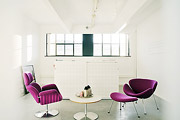
26 arcade cabinets for Dutch Game Garden
2010
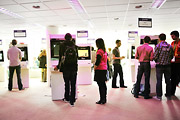
Tokyo is a breathtaking city. Most metropolises have 1 urban railway network. Easy. Tokyo, the biggest metropolis on Earth, is a lot more complex.
The city has 2 official subway companies, the national railway operates several lines that can be considered metro lines as well, and there are tens of private operated railways that serve may areas just outside the central part of the city. Another problem is that many transfer stations use different station names on each line connected.
Creating a understandable subway map for this city is extremely complex. Should it be schematic, or geographic realistic? When is it easier to have a short walk than to switch lines?
This metro map for Tokyo only shows the most important lines for visitors of the city. That is already 25 lines! All distances are realistic, and the connections to Airports and Shinkansen trains are clearly visible. The parks that give a good orientation in the grey urban mass of Tokyo are visible. Icons show the most important landmarks. Matching the million neon lights the map is drawn in a night situation with the lines as glowing neon tubes.
The map is printed on 100x75 cm photo paper in a limited run, an can be ordered. Send an e-mail or call if you are interested to order.
A new factory for Kingspan insulation panels at Medel near Tiel
2009
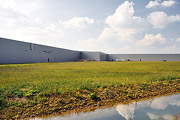
Result from a weekend workshop at WiSPER in Leuven: A trophy for real men, made from construction beams. The trophy is welded using MIG and metal arc welding (MAW) techniques.
Hacking Ikea table with Sega Megadrive or Pac Man inside
2009
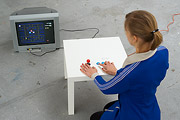
Photos of 2 projects by Johan van den Berkmortel
2008
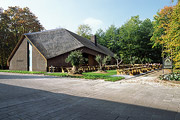
8 Apartments for senior citizens in Heteren
2008
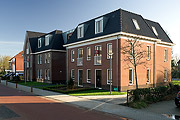
A new business building for 2 entrepreneurs in Kesteren
2008
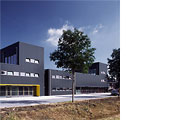
Website for Retro Space
2008
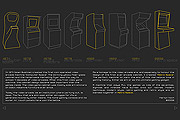
Modern arcade cabinet for home use
2008
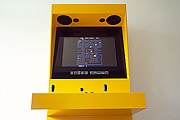
Entry Europan 9 Martijn Koch and Wendy van Rosmalen
2007
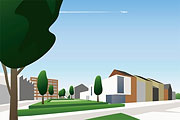
11 Apartments for senior citizens at the Rozenpad in Heteren
2007
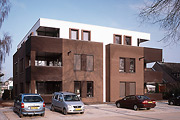
A design for a new metro map for Copenhagen
2006
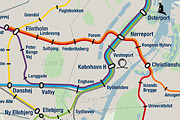
Veranda extension to house in Beek en Donk
2006
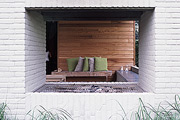
Concept for a modern picture story based on Cinderella
2005
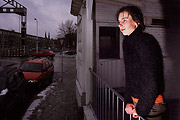
A digital magazine on sustainability, photography, cityscape and opinion
2005
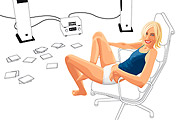
Anonymous modernist housing near Faro
2005
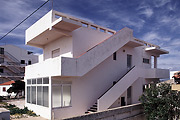
Photographs of Detroit
2005
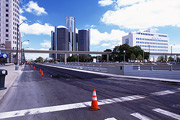
Mixture of the Big Shadow and the Fake Lamp
2004
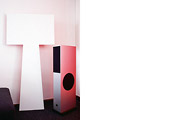
Hong Kong has little room to built. There is a small piece of land to build on between the water and the mountains. The only option to house the millions of citizens is to use efficient towering blocks. Some area's have a FAR (floor to ground area aspect ratio) of 5 to 10.
Brandevoort is one of the big suburban extensions according to the governmental document Vinex. Under supervision of Rob Krier, the city of Helmond tried to mimic the classic Dutch canal city for its big extension. Modern legislation on parking and the fact that a family in a suburban plan like this needs 2 cars to reach all daily facilities, resulted in weird interiors for the urban blocks. The gardens are petite, and most space is used for the cars.
Office building for the Dutch Tax Administration
2003
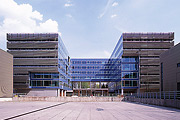
 80's T's
80's T's 2kB of Fun
2kB of Fun Lost in Navigation
Lost in Navigation
